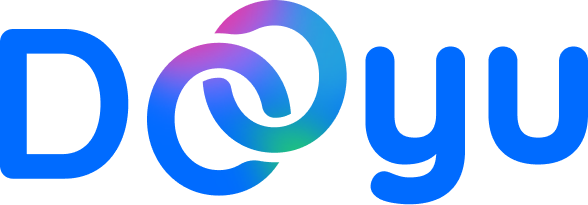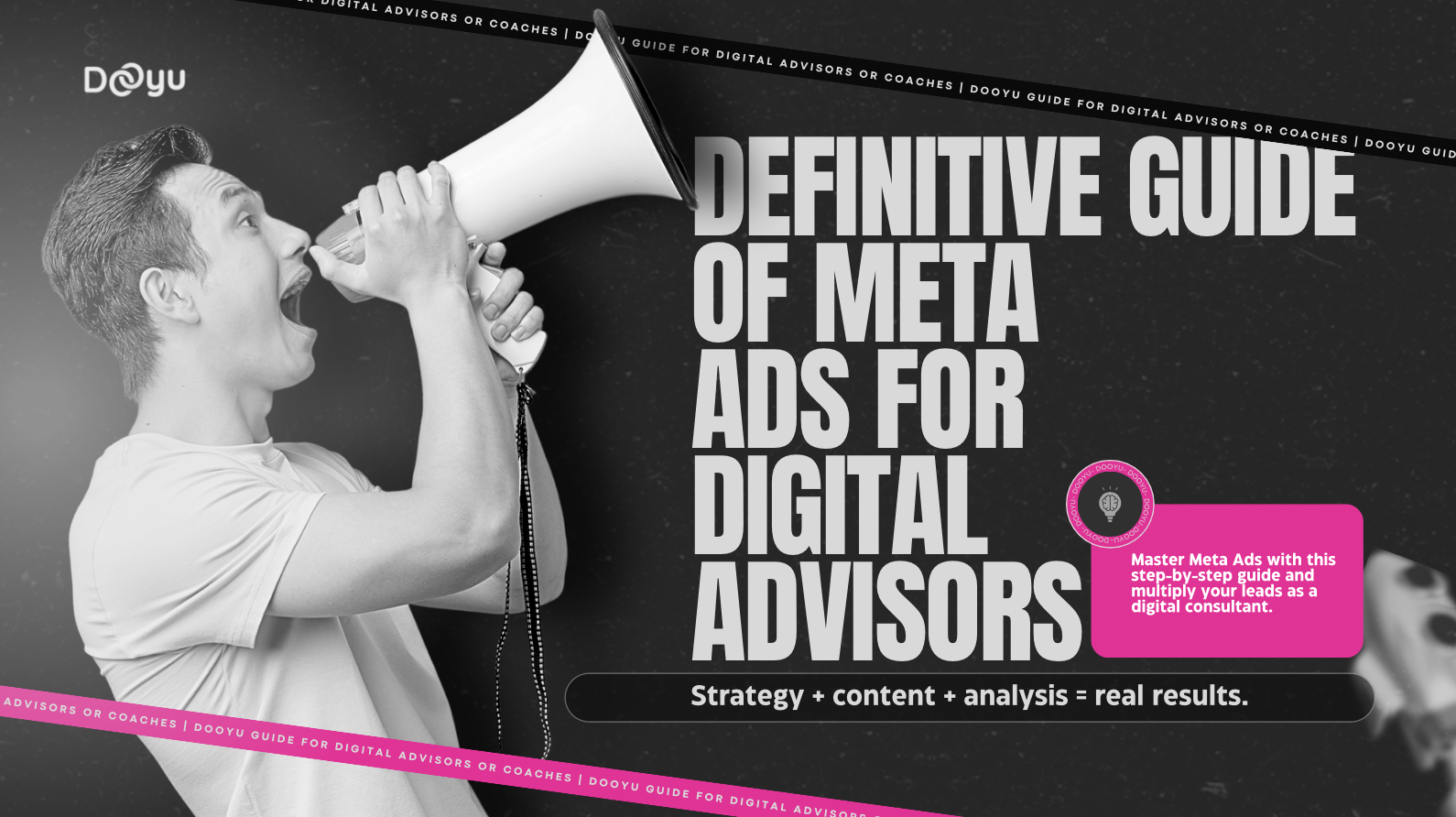Master Meta Ads with this step-by-step guide and multiply your leads as a digital consultant.
1. Introduction
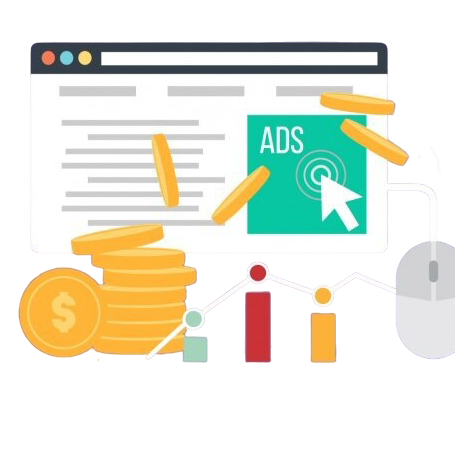
Today, consultants or coaches who want to stand out in the digital environment need much more than a presence on social networks: they need a solid client acquisition strategy. Meta Ads (Facebook and Instagram ads) is a powerful tool for those looking to scale their services and position themselves as a referent. In this article, you will discover how to take advantage of the full potential of Meta Ads, step by step, from configuration to optimization.
Why Meta Ads is essential for consultants
Meta Ads allows you to reach highly segmented audiences with full budget control and the ability to measure every action. For advisors who sell services based on trust and proximity, this platform offers unique tools to generate conversations, obtain qualified leads and strategically position themselves in the decision funnel of their potential clients.
Process overview

The successful implementation of a Meta Ads campaign involves several phases: initial technical setup, definition of clear objectives, effective targeting, design of compelling creative and ongoing data-driven optimization. Below, we guide you step-by-step through each stage.
2. Initial configuration
Business Manager account creation
The first step is to create a Business Manager account, which will allow you to centralize the management of your pages, ad accounts, pixels and permissions. Be sure to fill in all your business details to avoid restrictions later on.
Pixel installation and standard events
The Meta pixel is a key tool for tracking the actions people take on your website. Install it correctly (manually or through integrations like Google Tag Manager) and set up standard events like “Lead” or “Contact” to measure relevant conversions.
Assign roles and permissions
From Business Manager you can grant different levels of access to your team or collaborators. Be sure to assign the appropriate roles (administrator, advertiser, analyst) according to each person’s responsibilities.
3. Definition of objectives and types of campaign
Recognition vs. consideration vs. conversion
Meta Ads offers three main blocks of objectives: recognition (ideal for positioning), consideration (to generate traffic and engagement) and conversion (to capture leads or sales). Choosing the right one depends on the moment your audience is in.
Messaging campaigns and lead generation
For consultants, messaging campaigns (WhatsApp, Messenger) and lead generation campaigns (forms within Meta) are especially effective. They allow you to start real conversations with potential clients or collect contact information without the need for an external website.
Choosing the right target according to your funnel
Think about your funnel: if you are in the attraction stage, go for recognition or traffic. If you already have interaction, go for consideration. If you are closing sales, go for conversion or direct messages. This avoids wasting budget in the wrong stages.
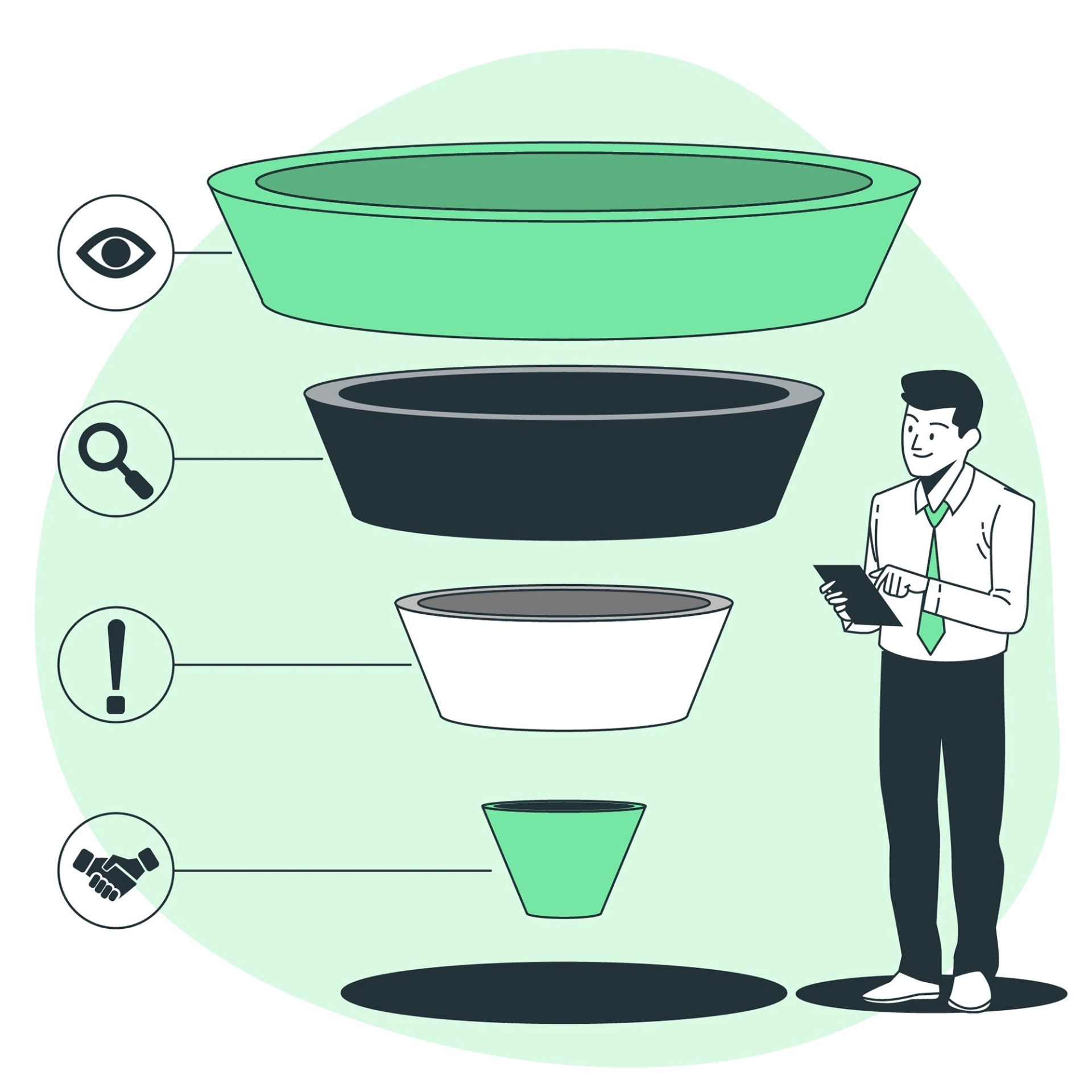
4. Advanced audience segmentation
Personalized audiences (remarketing)
Custom audiences allow you to impact people who have already interacted with you (visited your website, watched a video, wrote a message). This type of remarketing is key to maintain interest and close sales.
Similar audiences (lookalike)
Similar audiences help scale your results. Meta takes your high value audience and looks for people with similar characteristics. Ideal when you want to reach new people without losing quality.

Interests and behaviors
Meta allows you to segment by interests (e.g. finance, entrepreneurship, accounting) and behaviors (active online shoppers, for example). This is useful when you don’t yet have a solid foundation for remarketing.
Exclude inefficient audiences
You can also exclude unprofitable segments (such as your current followers, competitors or already converted leads). This improves performance by focusing your budget on new opportunities.
5. Creativity and copy that converts
Text best practices (header, body, CTA)
A good ad combines a clear headline, a body that generates a connection and a concrete call to action. Avoid technicalities and use relatable language. Example: “Having trouble finding new customers? Let’s talk via WhatsApp.”
Image vs. video formats
Static images are quick to produce, but videos (although more complex) achieve greater retention and emotional connection. If you’re just starting out, try carousels of testimonials or a short video presentation.
A/B testing and how to interpret results
Testing two ad versions allows you to find out what works best. Change only one element per test (image, text, CTA) and measure variables such as CTR or cost per result. Don’t rely on your intuition: let the data do the talking.
6. Continuous optimization and measurement
KPIs clave (CTR, CPC, CPA)
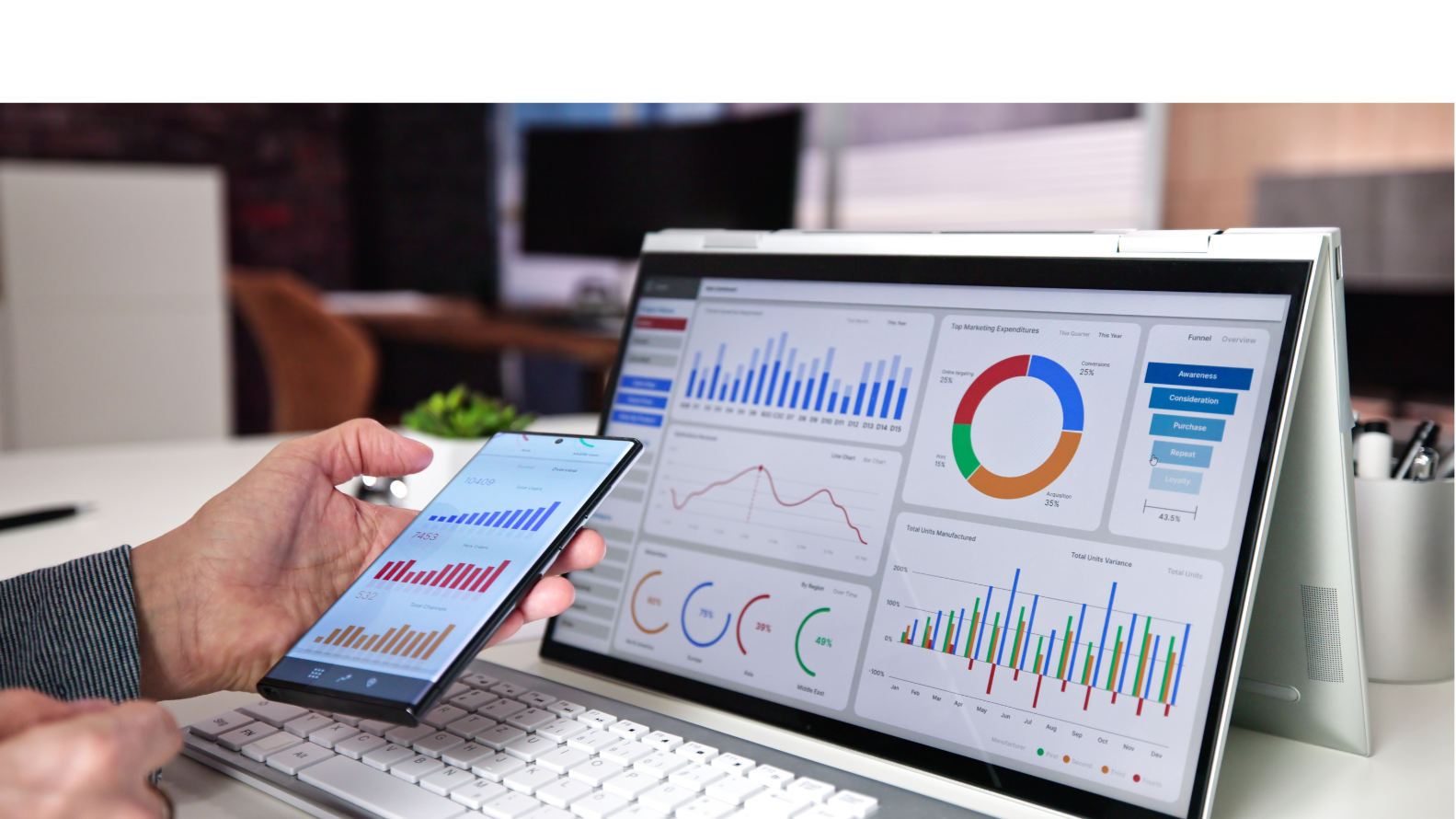
The most important indicators:
- CPA (Cost per acquisition): how much each lead costs. Check these values every week to detect improvements or drops.
- CTR (Click Through Rate): measures if your ad attracts attention.
- CPC (Cost Per Click): how much you pay per interaction.
Bid and budget adjustments
If a campaign is working well, you can gradually increase the budget. Avoid abrupt changes so as not to break the algorithm. Use the total or daily budget according to the stability you need.
Scaling of winning campaigns
Once you identify a campaign with good results, scale it up: double the ad set, create versions with similar audiences or increase the investment progressively. But don’t scale what doesn’t work yet. Scaling winning campaigns
7. Conclusion
Recap
Meta Ads is not just for big brands. As a consultant, you can use this tool to attract your ideal clients, generate conversations and automate your lead acquisition. The key is a correct configuration, good segmentation, clear messages and constant analysis.
Ready to get your Meta Ads campaigns up and running?
Remember that mastering Meta Ads is only part of the game. If you want to take your digital strategy to the next level without relying on a thousand different tools, Dooyu is your ideal ally. With Dooyu you can centralize everything you need to capture leads, automate follow-ups, schedule appointments and much more, from one place.
👉 Find out how Dooyu can help you scale as a digital advisor at https://dooyu.com/es/
